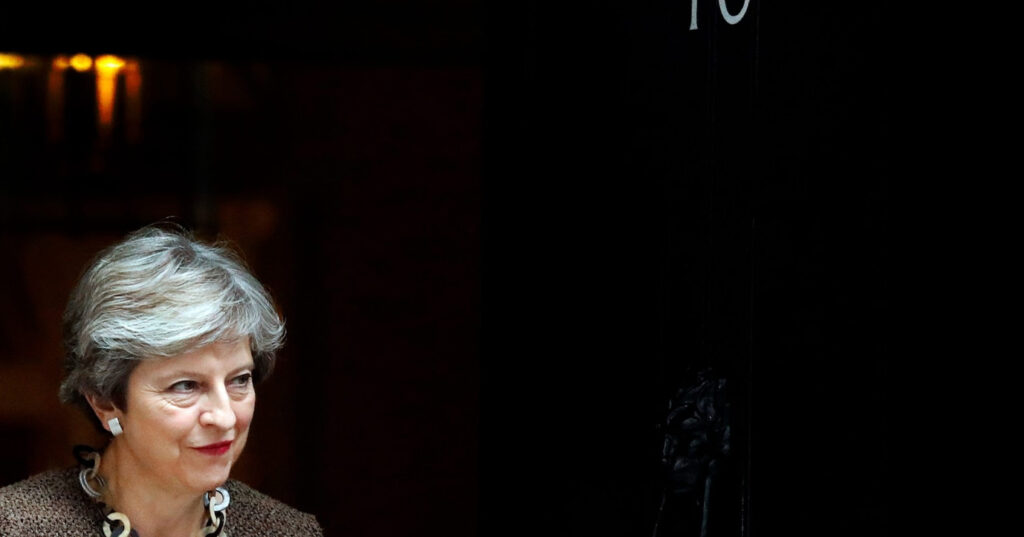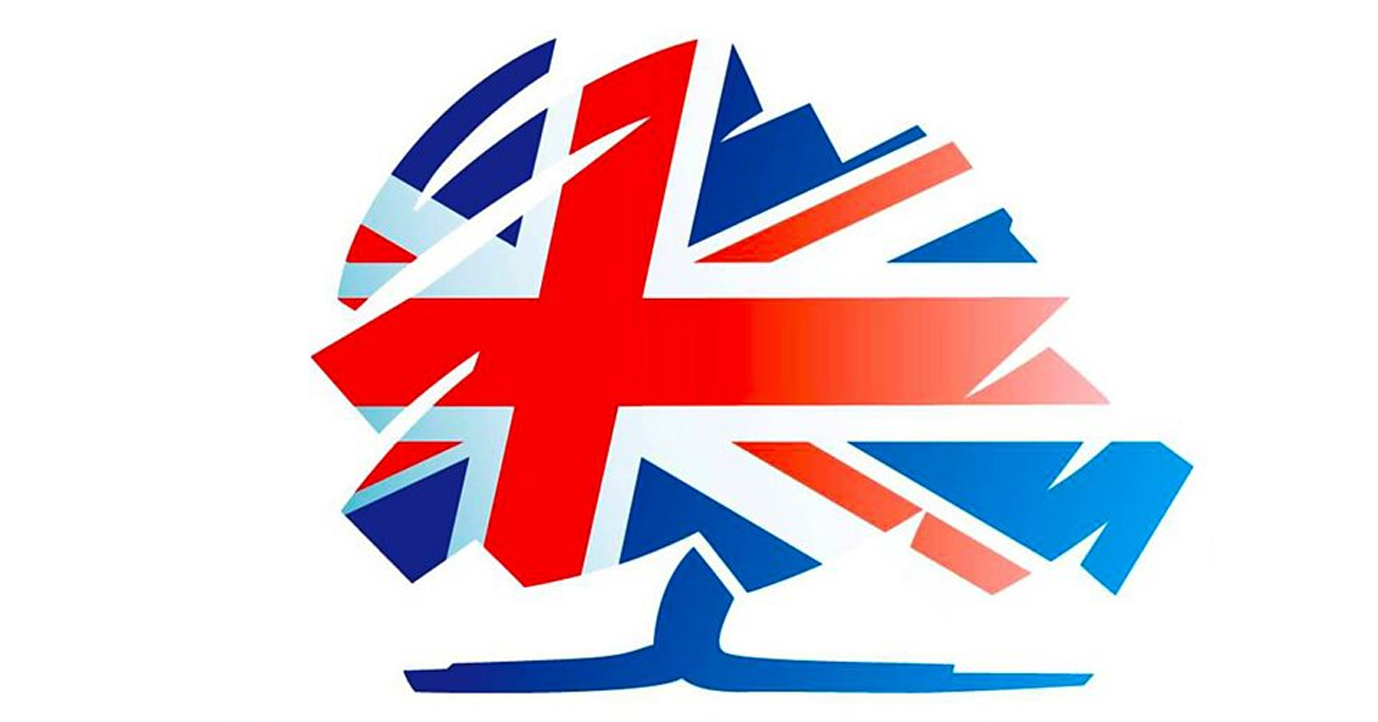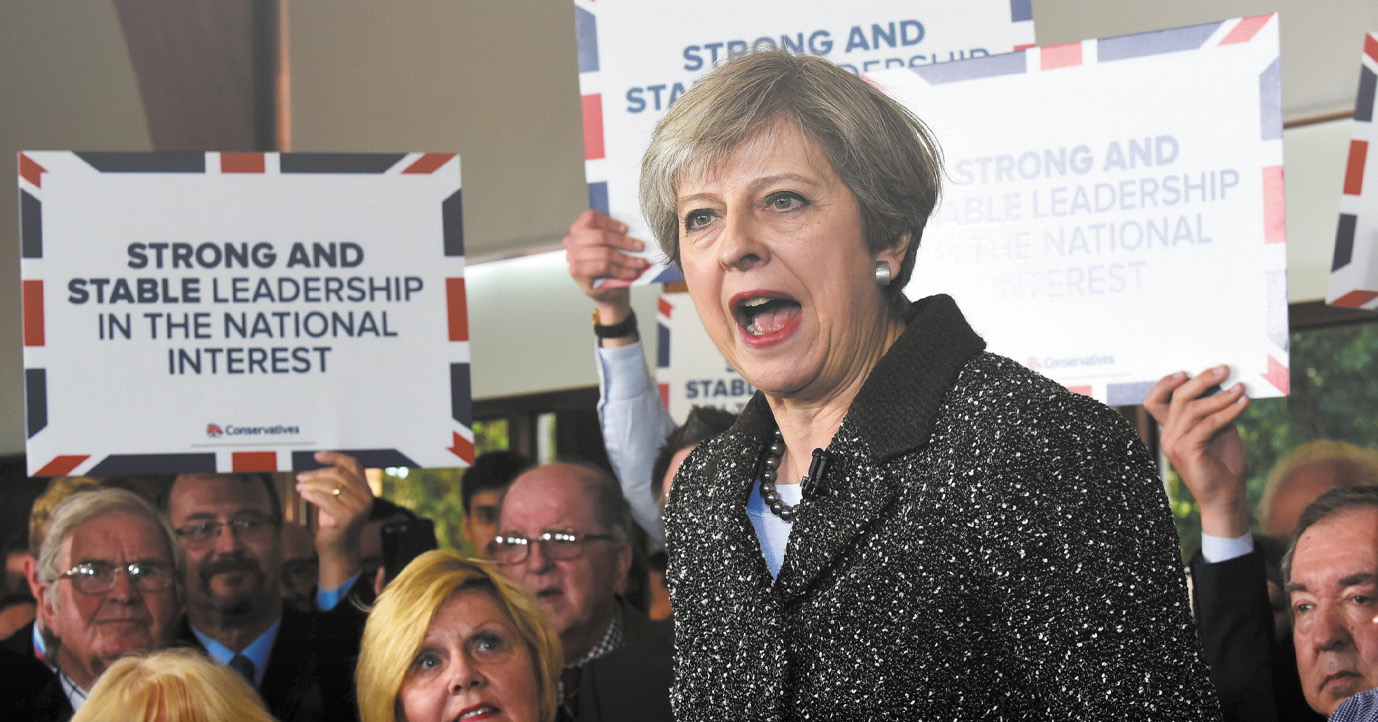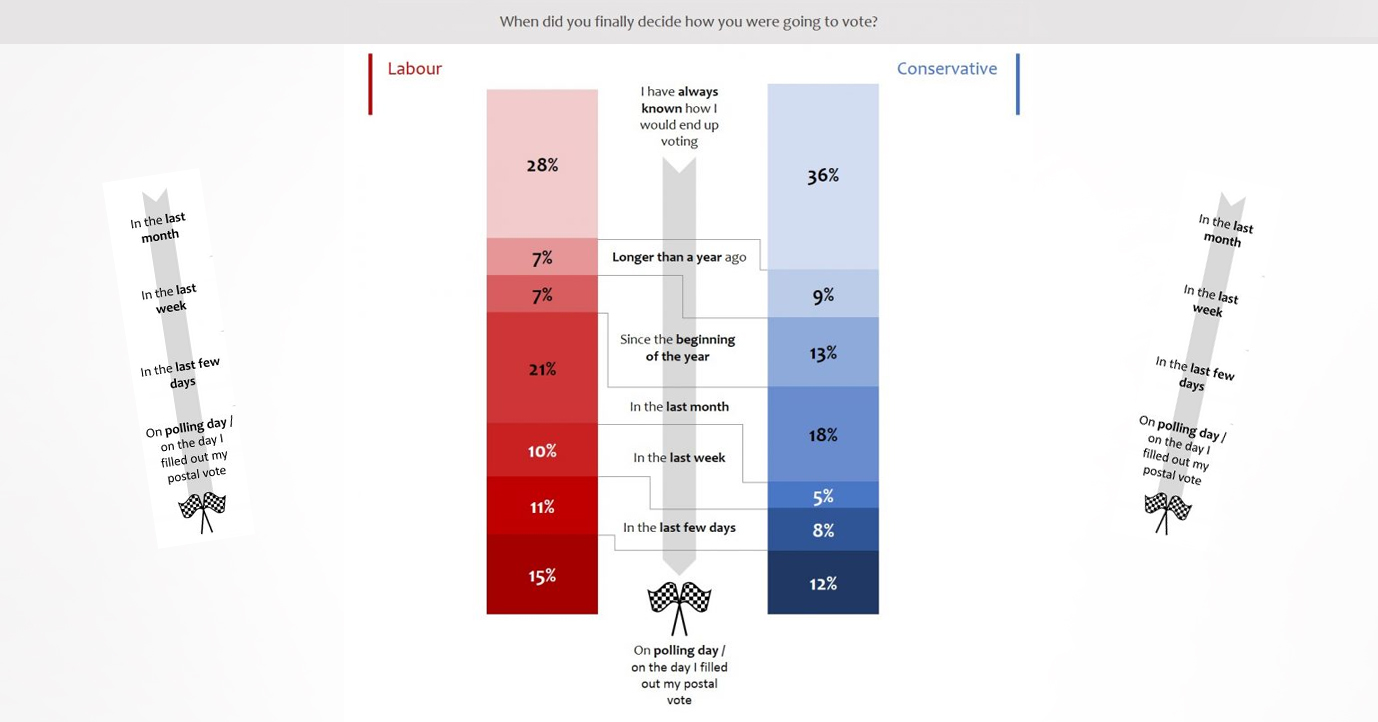
This article first appeared in the Telegraph.
In January 1993, the Conservative Party’s average poll rating was 39 per cent. Twelve months later it had fallen to 31 per cent, and there it stayed, or thereabouts, for more than a decade. Throughout that time, and until after their third consecutive general election defeat, the Tories suffered from a fatal combination of flaws. People did not think the party was on their side or in touch with life as they lived it, and neither did they think it was up to the job of running the country.
It would be a bit much to say the Tories are in the same predicament today. When, in 2005, I published Smell The Coffee – an analysis of public opinion in which I set out the scale of the challenge they faced – the party had won less than a third of the vote, and just 198 seats. But after the disappointment of the 2017 election, the Tories need to take stock of their relationship with the voters – it’s time to smell the coffee all over again.
By 2015, when the Conservatives at last won a majority of their own after 10 years under David Cameron, the voter misgivings that had held the party back for so long had not gone away. I found that the Tory victory was down to three things: enough people thought the government was doing a reasonable job, especially on taking the tough decisions needed to sort out the economy; liked the way Cameron was performing as Prime Minister; and doubted that Labour under Ed Miliband was ready for government. A party can rely for a time on its reputation for competence, leadership and the lack of a plausible alternative. But what if events conspired to call that competence into question? What if the leader were replaced by another who had different qualities? And what if the opposition were to get its act together?
The 2017 election put these questions to the test. My new book, The Lost Majority, aims to understand how this extraordinary outcome came to pass. Some of these reasons have already received wide comment: people do not like unnecessary elections, especially when they seem to be happening for party advantage; the manifesto had little to appeal to wavering potential Tories, but plenty to put them off; and Theresa May did not shine on the campaign trail – while Jeremy Corbyn managed to transform himself from a “shambolic joke”, as one of our focus-group participants put it, into an appealing and, for some, inspirational figure.
The Tories also overestimated the extent to which Brexit would play to their advantage. My research found that relatively few thought both that the EU negotiations were the most important issue facing the country (let alone themselves and their families), and that the Conservatives were the best party to handle them. Many previous Labour supporters who voted Leave were reluctant to switch parties: Corbyn spoke to the feeling of being overlooked, which had been a big part of their referendum decision, and many still felt that the Tories were not for people like them. Meanwhile, our analysis found that Brexit was the most important motivation for 2015 Tories, especially younger ones, who moved away from the party in June.
But looking at the causes of an election result gets you only so far. When it comes to the implications for the future, two themes emerge. The first is that while the Conservative voting coalition in 2017 was bigger than it was two years ago, it was also different: older, more working class, more modestly educated, more socially and culturally conservative, and more pro-Brexit. Those switching away from the party were younger, more likely to be professionals and graduates, and more likely to have voted Remain.
It is easy to see why this happened – but the Tories must be able to appeal beyond these dividing lines, especially if, as this year, 42 per cent of the vote is not enough for a majority in parliament.
The second, to complete our opening story, is about the Conservative brand. The Tories’ recent victories have rested on their claim to make a better fist of running the country than their opponents. But after the 2017 debacle, despite more than a decade of modernisation, voters find the Conservative Party no more sympathetic to their aspirations and anxieties than they did before but, crucially, no more competent than it is sympathetic. The campaign and the manifesto took their toll, as did the spectacle of a government aiming to increase its majority with a snap election only to lose the majority it already had – and the apparent confusion over the direction of Brexit policy will hardly have helped.
The fatal combination of flaws that dogged the party in opposition looms again. And if Labour seem no more capable than the Tories, they seem to many people to have just as much of a vision. The 2017 election cost the Conservatives not just their majority but their crucial competitive advantage. They need to get it back – and to give voters a more compelling reason to want them in government.


